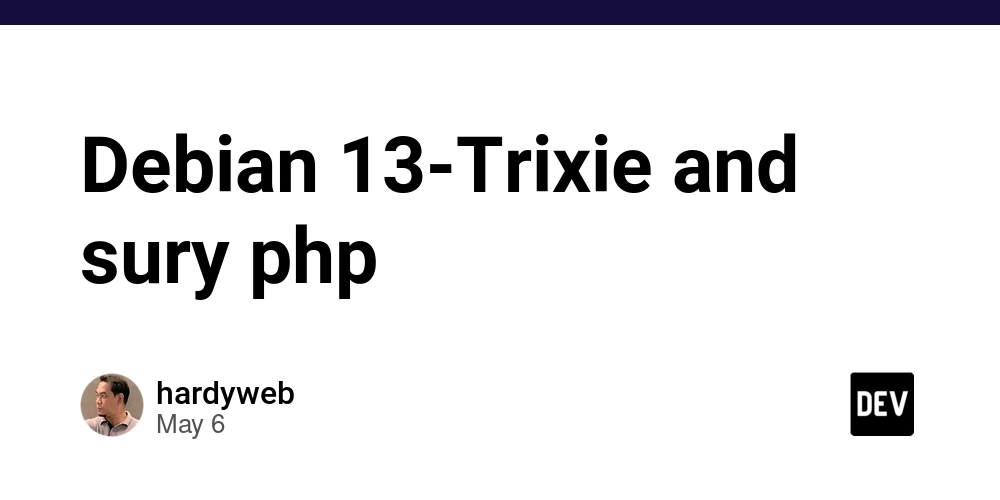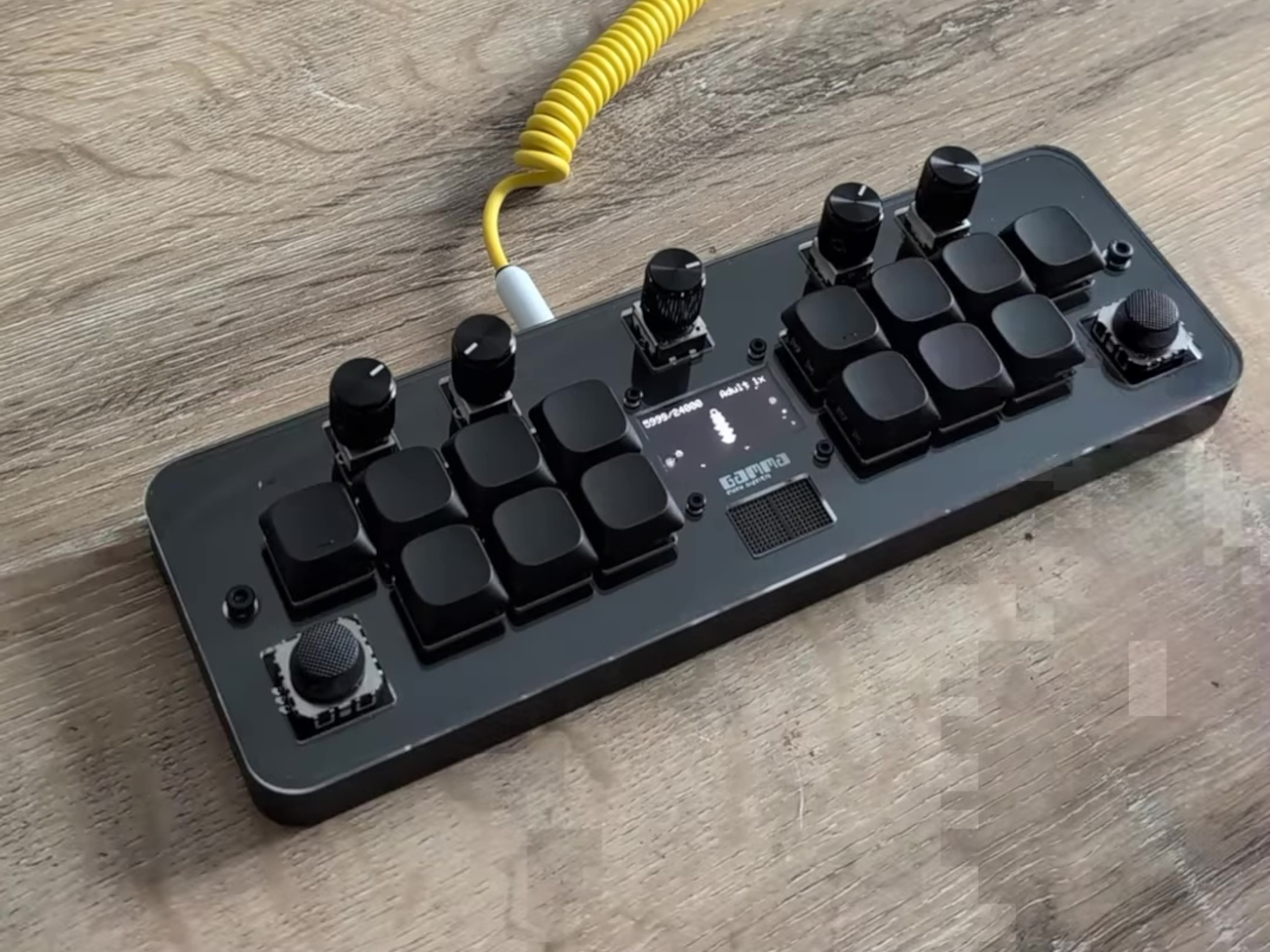Attorney Mark Zaid sues Trump administration over security clearance
An attorney who represented a whistleblower key to President Trump’s first impeachment is suing the administration after they stripped his security clearance. Mark Zaid, a longtime national security lawyer, had his clearance stripped in March following an executive order from Trump. "No American should lose their livelihood, or be blocked as a lawyer from representing...

An attorney who represented a whistleblower key to President Trump’s first impeachment is suing the administration after they stripped his security clearance.
Mark Zaid, a longtime national security lawyer, had his clearance stripped in March following an executive order from Trump.
"No American should lose their livelihood, or be blocked as a lawyer from representing clients, because a president carries a grudge toward them or who they represent,” Zaid said in a statement. “This isn’t just about me. It’s about using security clearances as political weapons.”
The suit accuses Trump of using “security clearances as a weapon on a mass scale…to punish his perceived political enemies by handicapping their ability to engage with the government and pursue their livelihood.”
Trump has similarly moved to strip clearances of a number of other political figures, including President Biden, and attorneys at other firms.
“They have launched a bald-faced attack on a sacred constitutional guarantee: the right to petition the court or federal agencies on behalf of clients. An attack on this right is especially insidious because it jeopardizes Mr. Zaid’s ability to pursue and represent the rights of others without fear of retribution,” Zaid’s attorney’s wrote in the suit.
The suit accuses the Trump administration of violating the Administrative Procedures Act, the First Amendment, and various aspects of the Fifth Amendment.
Zaid is being represented in part by Abbe Lowell, another longtime attorney who recently launched his own firm dedicated to representing “those facing politicized investigations” and “who have been unlawfully and inappropriately targeted by this Administration.”
The suit cites his representation of a whistleblower who overheard Trump’s call with Ukrainian President Volodymyr Zelensky as “sparking his ire.”
Beyond representing numerous whistleblowers, Zaid has represented other high profile clients, including for Trump White House staffer Olivia Troye as well as numerous agents suing the Central Intelligence Agency over its handling of anomalous health incidents, sometimes known as “Havana Syndrome.”
He is also representing FBI agents that have sued the agency as it organized a list of agents who helped work on Jan. 6 cases.
He has had access to classified information as part of his job since 1995 and a security clearance since 2002.
Zaid initially learned of plans to revoke his security clearance in February through an article in the New York Post.
And while Director of National Intelligence Tulsi Gabbard tweeted in March that his clearance would be revoked, Trump did not issue his executive order until later that month.
Revocation of security clearances typically involves notification and an opportunity to challenge the decision.
“To date, Mr. Zaid has received none of the procedural protections afforded to cleared individuals facing denial or revocation,” the suit states.
According to the suit, so far only the Pentagon, CIA, and Office of the Director of National Intelligence have thus far revoked Zaid’s access. None of the agencies responded to request for comment.
The suit says the CIA revocation was particularly damaging, as he cannot access classified information related to ongoing matters.
“This particular action has a cascading adverse effect on Mr. Zaid’s ability to represent other current clients given that classified information he previously learned through authorized representations benefits victims of Anomalous Health Incidents whom he has represented, including as lawful whistleblowers, dating back a decade, the suit states.
“Moreover, restricting Mr. Zaid’s ability to act on information he already knows is a constructive severance of his ongoing attorney-client relationships, as he could not possibly uphold his ethical obligations to zealously represent his clients while also ignoring crucial information relevant to their cases.”

















































































